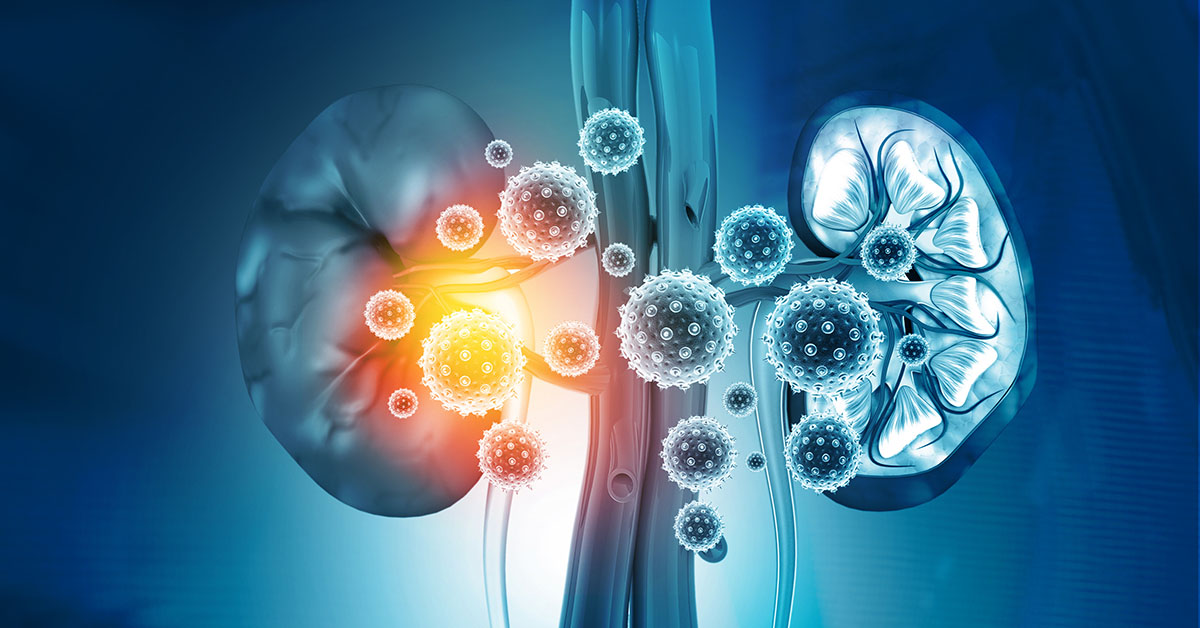Introduction
Understanding Kidney Failure
Kidney failure, also known as renal failure, occurs when your kidneys are unable to filter waste products from your blood efficiently. This can lead to a buildup of toxins in your body, which can cause serious health problems.
Types of Kidney Failure
There are two main types of kidney failure:
- Acute Kidney Injury (AKI): This occurs suddenly and can be caused by a variety of factors, including infections, injuries, and certain medications.
- Chronic Kidney Disease (CKD): This is a gradual decline in kidney function over time, often caused by underlying health conditions such as diabetes or high blood pressure.
Causes of Kidney Failure
- Diabetes: Diabetes is the leading cause of kidney failure. High blood sugar levels can damage the blood vessels in your kidneys.
- High Blood Pressure: Over time, high blood pressure can damage the blood vessels in your kidneys.
- Glomerulonephritis: This is an inflammation of the tiny filters in your kidneys.
- Polycystic Kidney Disease (PKD): This is a genetic condition that causes fluid-filled cysts to form in your kidneys.
- Kidney Stones: Kidney stones can block the flow of urine and damage your kidneys.
- Obstruction of the Urinary Tract: Conditions such as an enlarged prostate or a tumor can block the flow of urine and damage your kidneys.
- Medications: Certain medications, such as nonsteroidal anti-inflammatory drugs (NSAIDs) and diuretics, can increase the risk of kidney damage.
- Toxins: Exposure to toxins, such as heavy metals or certain chemicals, can damage your kidneys.
Symptoms of Kidney Failure
Early symptoms of kidney failure may include:
- Fatigue
- Loss of appetite
- Nausea and vomiting
- Swelling in the legs and ankles
- Shortness of breath
- Changes in urination, such as decreased urine output or dark urine
As kidney failure progresses, symptoms may become more severe, including:
- Confusion
- Seizures
- Coma
Prevention of Kidney Failure
While it is not always possible to prevent kidney failure, there are several steps you can take to reduce your risk:
- Manage diabetes and high blood pressure: If you have diabetes or high blood pressure, work with your doctor to manage these conditions.
- Avoid smoking: Smoking can damage your kidneys.
- Limit alcohol consumption: Excessive alcohol consumption can increase your risk of kidney damage.
- Maintain a healthy weight: Being overweight or obese can increase your risk of kidney disease.
- Eat a healthy diet: A diet rich in fruits, vegetables, and whole grains can help protect your kidneys.
- Stay hydrated: Drinking plenty of fluids can help prevent kidney stones.
- See your doctor regularly: If you have a family history of kidney disease or other risk factors, see your doctor regularly for checkups.
If you are experiencing symptoms of kidney failure, see your doctor immediately.





0 Comments